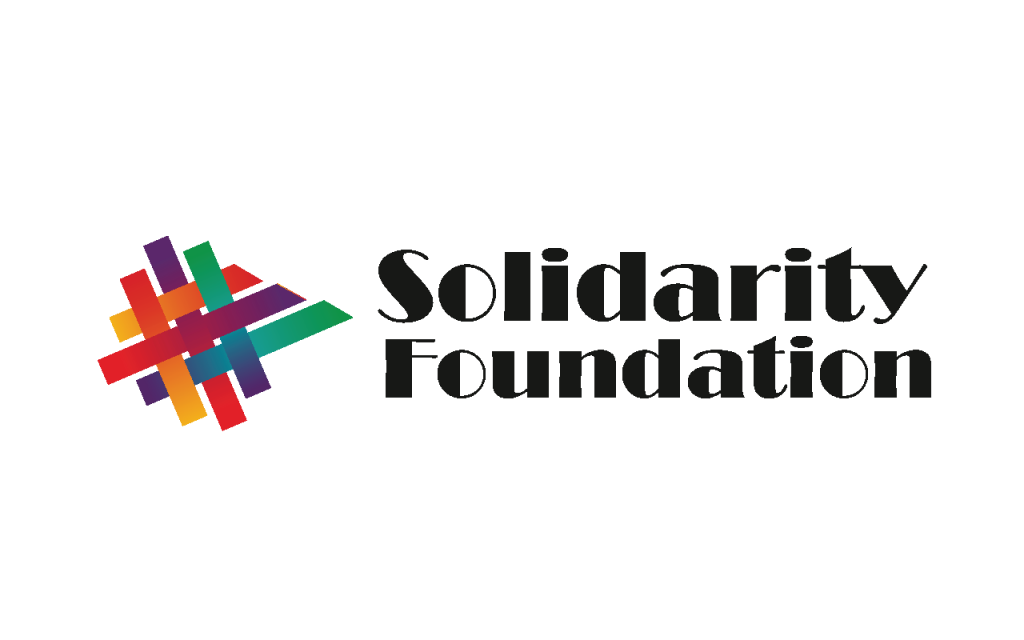Sex workers are a hypervisible population — in popular imagination, in media, in sketches of the ‘bad woman’, but strangely they are also completely invisible — in government policies, the healthcare sector, etc. This hypervisibility/invisibility means that sex workers are viewed through the lens of criminality, morality or victimhood while finding themselves on the periphery of support from the state and society. The underlying assumptions of the Indian state regarding sex work, like the conflation of sex work and trafficking, has led to disastrous results. Most aspects of sex work are criminalised, sex workers find it difficult to organise and social protection policies fail to cover them.
The brutality of this hypervisibility/invisibility was spotlighted during the government-imposed nation-wide lockdown prompted by the COVID-19 pandemic. Sex work, traditionally a high-contact occupation, suffered a major blow because of fear of the highly contagious virus while government relief efforts failed to tailor relief and support marginalised populations.
Sex workers often lack voter identity cards, income tax cards and other documents that form the basis of citizenship. This, combined with deep-seated prejudice, and the fact that their business had to come to a sudden and complete standstill has exacerbated their vulnerability. The bleakness of the situation was put succinctly by one of the sex workers from a small town in Karnataka:
‘We want to continue our work, not be a “charity case”, but even that isn’t possible now. It’s getting hard for us to survive. If this was a matter of a day or two, we’d have managed but now it’s going up to two months, how can we survive?’
It is clear from these words that the pandemic has exposed the existing fault lines in a society in which the already-stigmatized and discriminated-against communities like the sex workers and gender/sexual minorities are bearing the brunt. Whether it is through the posters blaming transgender people for the spread of the virus put up in Ameerpet Metro Station in Hyderabad or the recent study ‘Modelling the Effect of Continued Closure of Red-Light Areas on COVID-19 Transmission in India’ (2020) recommending red-light areas be shut down to contain the spread of the pandemic, the marginalised are scapegoated.
‘We used to go to work in the morning and earn Rs200 – 500 a day, but now we’re stuck in the slums we stay in, not allowed to go outside to work. We have conveyed this message to the local, zonal and tehsildar offices (administrative officials) but we aren’t getting any help from the government,’ said Aparna*, a sex worker in a small town in South India.
At Solidarity Foundation, our support to our constituencies included assistance for rations and daily essentials, health expenses, specialised mental health services and more than anything else, just being there for them. As soon as the lockdown was announced, we had conversations with our partners on the ground about the communities’ needs and made support available to them to shape in accordance with those needs. While some sought help with nutrition supplements for people living with HIV (PLHIV), some sex workers living with children wanted milk to be an essential part of their ration kits, and some others wanted support for older people who are more susceptible to the virus. Our response essentially came from the ground, and for those on the ground. One of our partners, Laila, a transgender community leader who valued our quick and tailored response said, ‘We didn’t even know what to do, and before we could even make sense of how the pandemic is going to hit us, you made available some funds to get our essentials.’

As the pandemic hit, we were able to draw on years of working on the ground and building on sustained relationships of trust to quickly reach a diverse set of the population. This unique aspect of our work – supporting and handholding our partners, while they choose the path their organisations should go on – allowed us to reach over 3.000 people from various constituencies across different parts of South India.
For us, it is important that diverse community voices get heard in various platforms. This is especially important now as misinformation about the marginalised spreading the virus, abounds. For us, it is important that diverse community voices get heard in various platforms. This is especially important now as misinformation about the marginalised spreading the virus, abounds. We supported our leaders from the community like Kiran Nayak B, an Adivasi (indigenous) transman with an orthopedic disability, Gangabhavani M, an Anantapur (Andhra Pradesh) based intersex woman, and Laila, among others, to speak about their realities and concerns at various webinars during the pandemic. They covered a range of topics about the inequities that COVID-19accentuated, about the need to resource grassroots work, and the threat to the existence of certain communities through the crisis. One of our staff members, a Dalit, transsexual woman, responded quickly when the lockdown commenced. She mobilized local resources and worked tirelessly to provide free meals and rations to dwellers of her slum. We helped amplify her work on many platforms like The Better India and Coca-Cola India.
The pandemic also brought us to the realisation that it is only when the government and civil society groups jointly respond to the pandemic – rather than work in silos based on own views and preferences – that we can mitigate its impacts. The voices from the ground are clear. Are we willing to listen to them – and act together?
While the pandemic and the consequent lockdown has had difficult consequences, we, along with our partners and fellows, experienced a deep sense of community and solidarity. This was evident in the strengthening of our existing relationships with our partners and fellows, and building new ones. We strive to build these relationships, strengthen our support, in the hope of emerging stronger from the pandemic.

Solidarity Foundation is a registered trust based in India supporting sex workers and gender/sexual minorities. For more information visit http://www.solidarityfoundation.in/